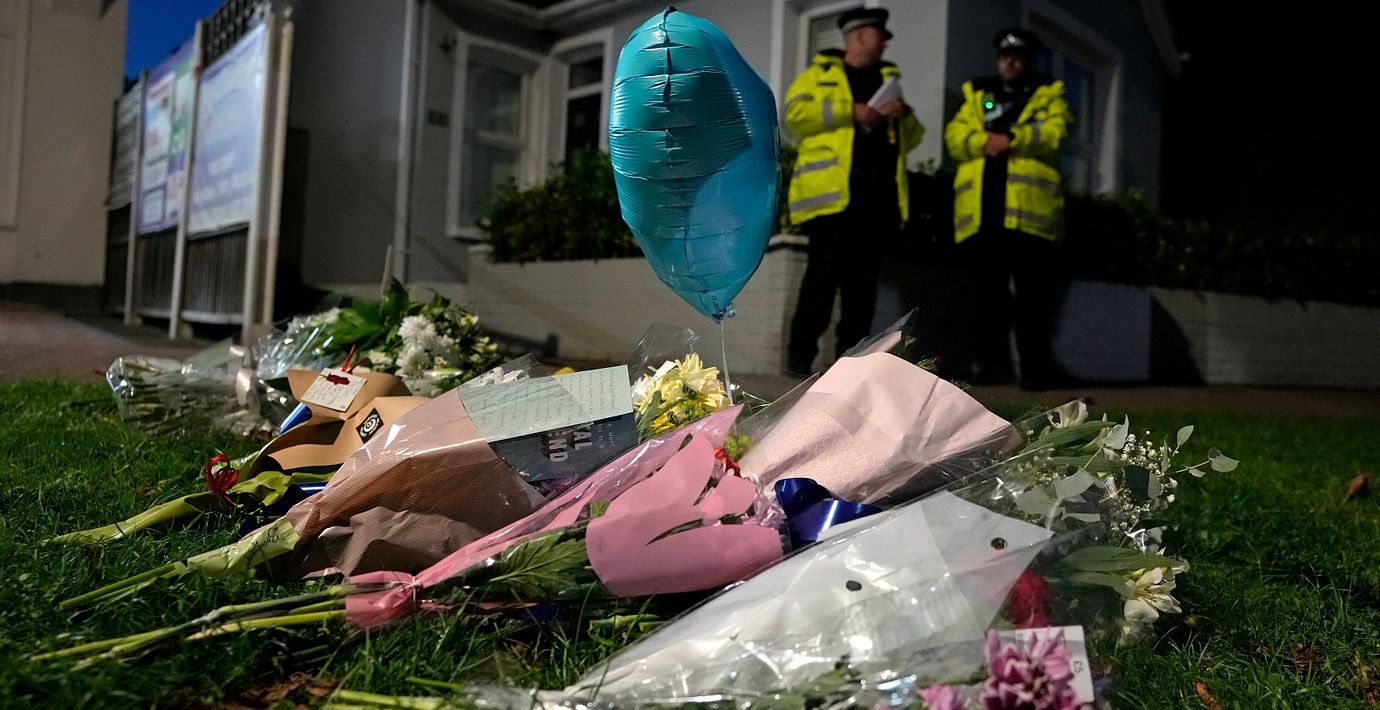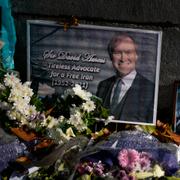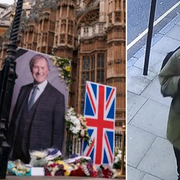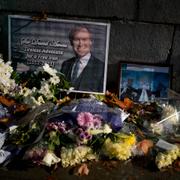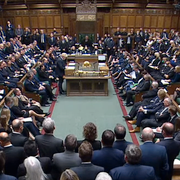bakgrund
Constituency surgery
Wikipedia (en)
A political surgery, constituency surgery, constituency clinic, mobile office or sometimes advice surgery, in British and Irish politics, is a series of one-to-one meetings that a Member of Parliament (MP), Teachta Dála (TD) or other political officeholder may have with their constituents. At a surgery, constituents may raise issues of concern in the same manner that a person may directly consult a general practitioner (GP) in their surgery (a "surgery" being the term for the GP's workplace, an "office" in American parlance). The issues may relate to local issues (street crime, litter, a request for intervention by the representative on behalf of the constituent with local or national government) or to national policy matters. Often the constituent's issue will be followed up by a caseworker or assistant. Surgery meetings are usually confidential and differ from town hall meetings, which are open to many people at the same time.
It is up to each MP to decide whether they have any surgeries at all and if so, how many and in what locations. MPs often use local party offices, church halls or rooms in public houses as the venues, with a number of surgeries possibly being held at different locations around a constituency. Surgeries are traditionally held on Fridays or at weekends when MPs have returned from sittings of parliament in Westminster. Some MPs' surgeries are "appointment only", some "drop-in", and others a mix. An MP with a large constituency will sometimes hold surgeries in a wide range of locations during the summer recess.In Republic of Ireland, clinics/surgeries are an even more important source of publicity and contact for Teachtaí Dála (TDs) and other representatives, as under the PR-STV system there are very few truly safe seats. One paper published by Queen's University Belfast's Institute of Irish Studies states
Clinics, for instance, appear to epitomize personalistic politics—individuals are asking politicians for personal assistance, and, as they receive it, they become clients of the politician and vote accordingly. The evidence is otherwise. Voters make the rounds of all the politicians, trying to play one off against the other. Even if they are helped, there is no certainty that they will vote for the politician at the next election. Politicians are all well aware that clinics are a very mixed blessing indeed; the major reason given for holding clinics is their publicity value. It is important that voters in an area feel they are getting some attention from the politician; without it, they might decide to transfer their votes to a politician who demonstrates greater concern for the area. Thus, the clinics are part of the general strategy of maximizing a reputation in the local community, rather than a means of obtaining the support of specific individuals.The term mobile office has been used in Australian politics and in American politics.
